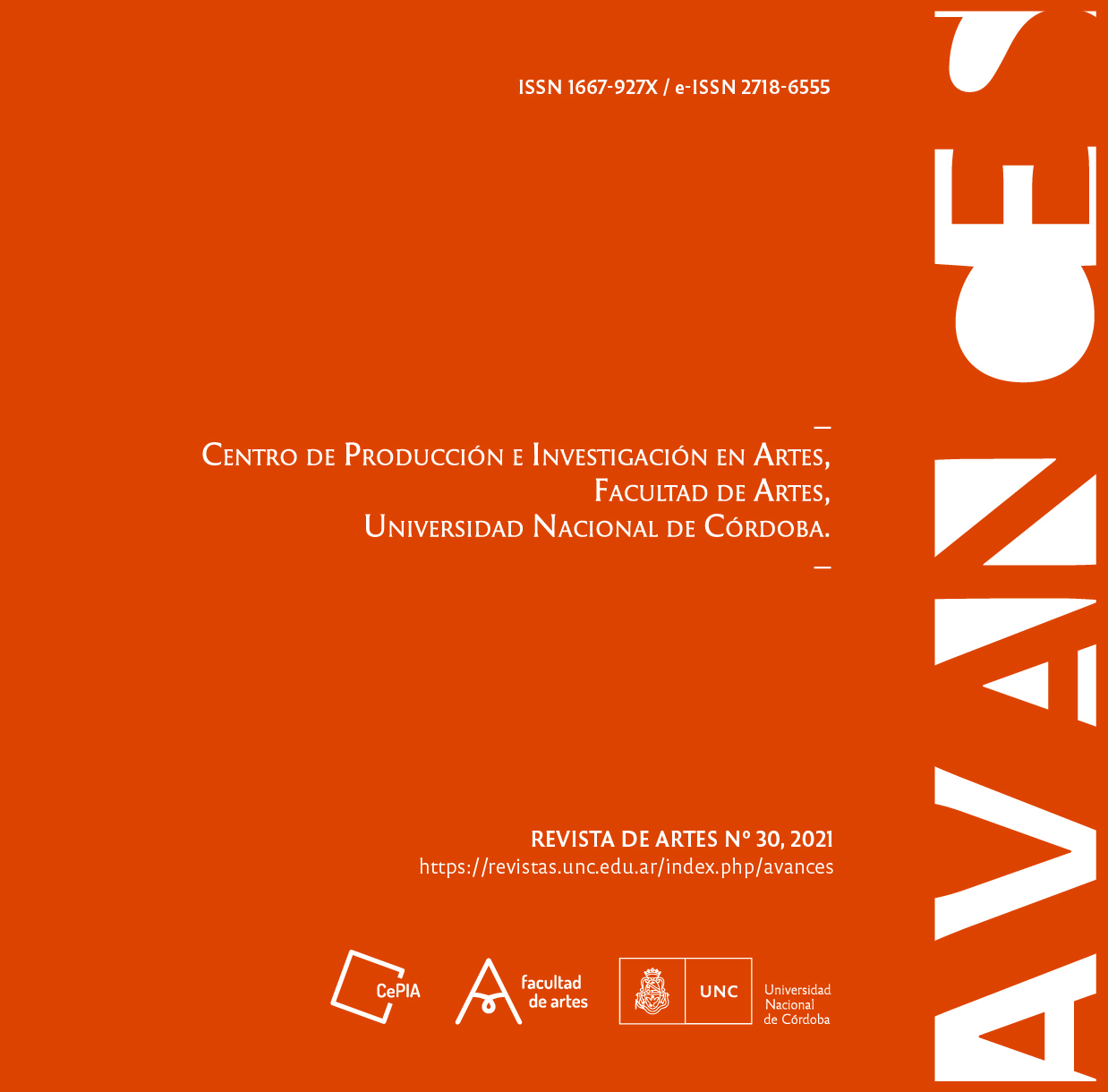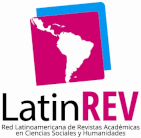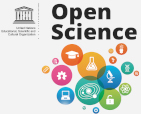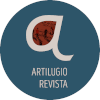From the sketch to the thesis. Artistic research in musical composition based on style
Keywords:
Research in arts, Composition, Aesthetics of music, Musical analysisAbstract
The composer-researcher nowadays approaches his artistic product from theoretical perspectives to understand the dimension of his creation. This presentation presents the partial progress of a larger work. As a problem, the absence of research methods in the arts was detected in advanced composition students to define their own music; Based on this, alternatives were sought that, from other areas such as aesthetics and musical analysis, oriented towards style as an object of artistic research. Our objectives are to expose and describe strategies that allow the composer-thesis writer to argue his style, from objective elements from the personal imagination. The methodology was autoethnographic: field records, recording of class sessions, individual and collective reflection, as well as workshops for group review of artistic products; Each student kept a creation log about their own process of creation and stylistic definition. As a partial result, it is considered that the gestation of a personal memory allows self-definitions in the search for a personal voice that can at the same time be evaluated by academic peers.
Downloads
References
Adams, T. E., Jones, S. H. y Ellis, C. (2015). Autoethnography. Nueva York: Oxford University Press.
Aretz, I. (1999). Los juegos de la cultura [entrevista de M. B. Nuri]. Argentina, Tucumán. Recuperado de https://www.youtube.com/watch?v=Y9vPEPTrg4Y.
Borgdorff, H. (2010). El debate sobre la investigación en artes. Cairon: revista de ciencias de la danza, (13), pp. 1-33.
Boulez, P. (1984). Puntos de referencia. Madrid: Gedisa.
Cage, J. (2011). Silences: Lectures and Writings. Middletown: Wesleyan University Press.
Díaz, J. (2019). Aproximación al politonalismo [tesis de licenciatura, Universidad Nacional Experimental de las Artes], Caracas, Colombia.
Feldman, M. (2012). Pensamientos verticales. Buenos Aires: Caja Negra.
Fuentes Hernández, F. (2014). Shihkakubi. Generación de una serie de obras a través de la elaboración de materiales sonoros basados en el estudio de las fuentes acústicas recopiladas en las comunidades de los indígenas Wiwa de la Sierra Nevada de Santa Marta [tesis de doctorado, Pontificia Universidad Católica Argentina “Santa María de los Buenos Aires”]. Buenos Aires, Argentina.
Holman Jones, S. (2007). Autoetnography. En G. Ritzer (Ed.), The Blackwell encyclopedia of sociology (pp. 22-35). Londres: John Wiley & Son.
López Cano, R. (2020). Pensar la música ahora [conferencia]. ILIA 2020, Conferencias del Instituto Latinoamericano de Investigación en Artes, Universidad de las Artes. Guayaquil, Ecuador. Recuperado de https://www.youtube.com/watch?v=O0i9uKQR7AA.
Meyer, L. B. (2016). La emoción y el significado en la música. Madrid: Alianza.
Pérez Valero, L. (2019). Arte indexado/arte indeseado: la legitimación en artes en el ámbito de las universidades. En P. Cardoso (comp.), Construcción ecléctica de los saberes (pp. 66-83). Guayaquil: Universidad de las Artes.
Piovani, J. I. (2007). El diseño de la investigación. En A. Marradi, N. Achenti y J. I. Piovani (Eds.), Metodología de las ciencias sociales (pp. 71-86). Buenos Aires: Emecé.
Sans, J. F. (2017). ¿Musicología o investigación musical? Estesis, (13), pp. 3-17.
Sans, J. F. (2020). Típicos tópicos tropicales. El Oído Pensante, 8(1), pp. 7-33.
Sadie, S. y Tyrrell, J. (2004). The New Grove Dictionary of Music and Musicians. Nueva York: Oxford University Press.
Schäffer, B. (1976). Introduction to composition. Cracovia: PWM.
Downloads
Published
Issue
Section
License

This work is licensed under a Creative Commons Attribution-NonCommercial-ShareAlike 4.0 International License.





















